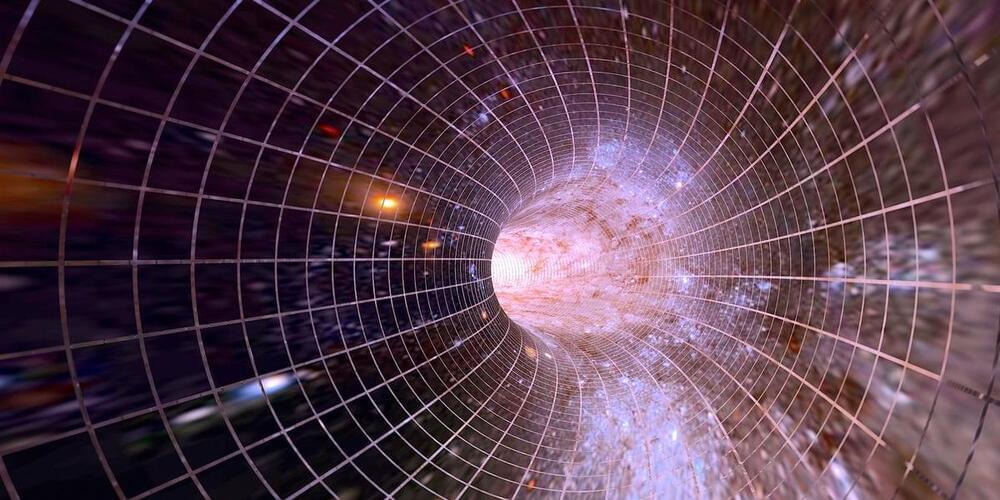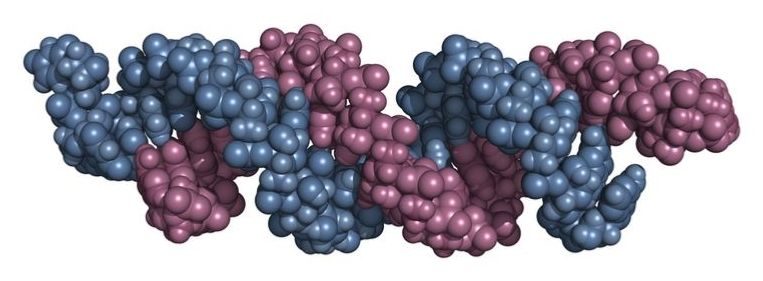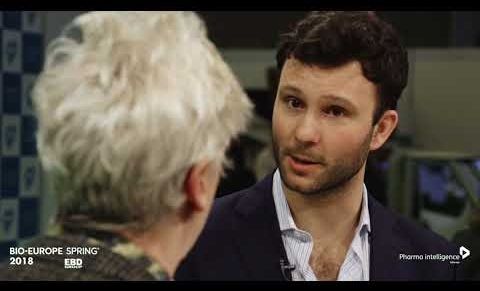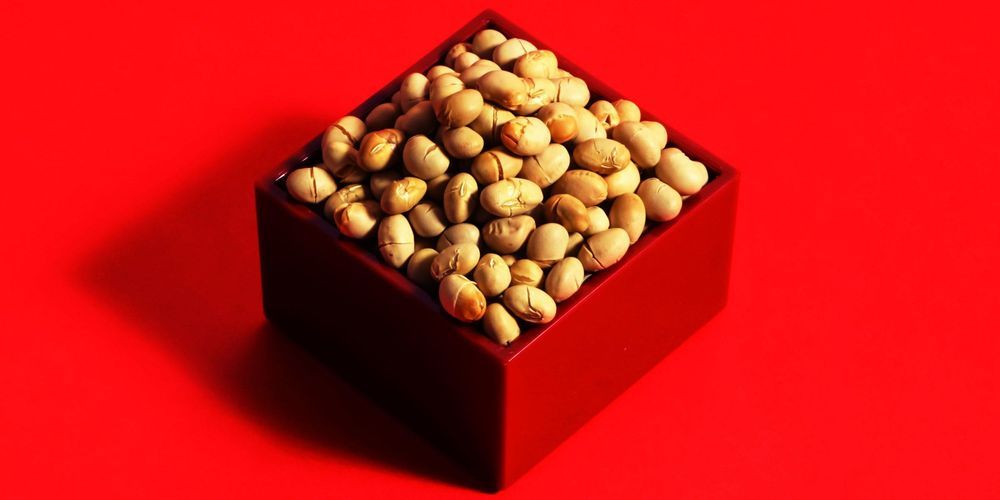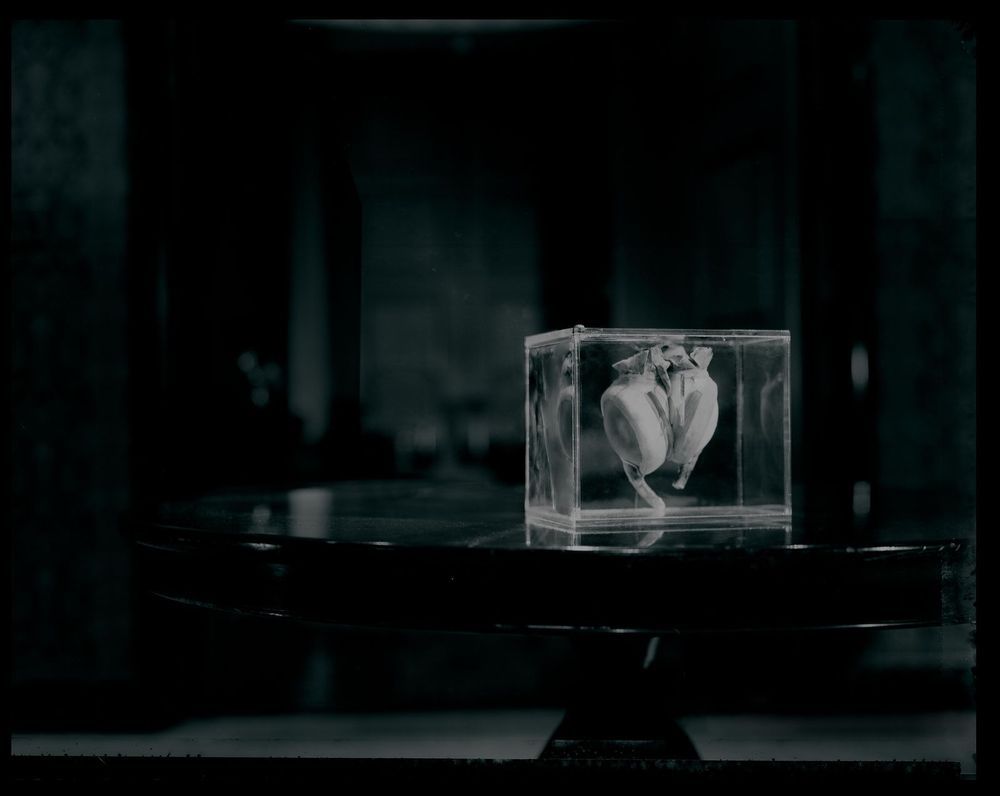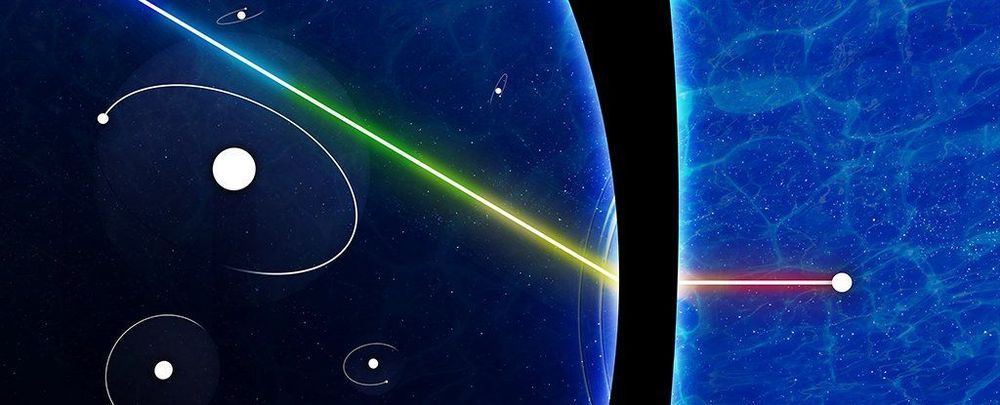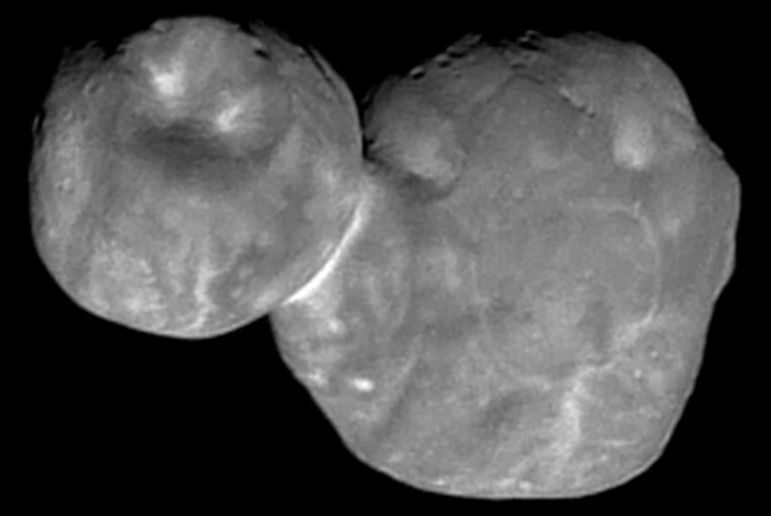Page 9231
Mar 20, 2019
Partial Cellular Reprogramming to Reverse Cellular Aging
Posted by Steve Hill in categories: biotech/medical, genetics, life extension
We have talked about the potential of partial cellular reprogramming in previous articles, and today, we want to draw attention to a new paper that promises to further refine reversal of epigenetic aging in cells.
As we age, our cells experience alterations to their epigenetic markers, and this changes gene expression, which is proposed to be a primary reason we age. Recently, there has been considerable interest in resetting these epigenetic markers to reverse cellular aging, and this paper builds on that.
Three of the study’s authors, Prof. Vittorio Sebastiano, Jay Sarkar, and Marco Quarta, have founded Turn.bio, a biotech company that is working to bring partial cellular reprogramming to humans. The company is also currently enjoying the leadership of Gary Hudson from Oisin Biotechnologies, who is standing in as CEO to help the company get off the ground and funded.
Continue reading “Partial Cellular Reprogramming to Reverse Cellular Aging” »
Mar 20, 2019
Pollutants, pathogens could team up to make us sick
Posted by Xavier Rosseel in categories: biotech/medical, food, health
Imagine that… The earth is round.
Many people view pollutants and pathogens as separate causes of illness. However, recent research indicates that the two can interact, changing how people and animals respond to infectious diseases. According to an article in Chemical & Engineering News (C&EN), the weekly newsmagazine of the American Chemical Society, environmental pollutants appear to weaken the immune system, reduce vaccine efficacy and increase pathogen virulence.
More than 20 years ago, researchers showed that exposing mice to low levels of a dioxin called 2,3,7,8-tetrachlorodibenzo–p-dioxin made them more susceptible to influenza virus. Since then, several studies have suggested that other chemicals, such as perfluorooctanoic acid, mercury and arsenic, can also alter animals’ immune responses and decrease their resistance to infectious diseases. And epidemiological studies in humans have linked chemical exposure in the womb to a child’s increased risk of infectious disease. However, scientists are only now beginning to unravel how this happens, Senior Editor Britt Erickson writes.
Continue reading “Pollutants, pathogens could team up to make us sick” »
Mar 20, 2019
Liforum: Dear Longevity Experts, I need your expertise
Posted by Edward Futurem in category: life extension
Another anti-aging analytic agency rated David Sinclair number one, but WTF is with his face!?! has a different opinion on how David looks like )
Mar 20, 2019
Scientists Define “Very Low Level” of Exercise That Lowers Risk of Death
Posted by Genevieve Klien in category: health
Mar 20, 2019
The First Gene-Edited Food Is Now Being Served
Posted by Genevieve Klien in categories: food, genetics
Calyxt is the first with its gene-edited oil, but several other companies also have edited foods in the works.
Mar 20, 2019
The Rivalry Between Two Doctors to Implant the First Artificial Heart
Posted by Genevieve Klien in category: biotech/medical
Featuring titans of Texas medicine, the race was on to develop the cutting-edge technology.
Mar 20, 2019
For The First Time, Physicists Have Clocked The Ghostly Speed of Quantum Tunnelling
Posted by Genevieve Klien in categories: particle physics, quantum physics
In quantum physics, particles can ’tunnel’ through seemingly impenetrable barriers, even when they apparently don’t have the energy to do so. Now, researchers have gleaned behind the curtain to better understand how this trick is done.
This problem has puzzled scientists for decades – in particular, the time it takes for particles to do their quantum tunnelling, and get from one side of a barrier to another.
In the case of the atomic hydrogen particles used in these experiments, the researchers found that it happens instantaneously.
Mar 20, 2019
New Horizons Team Shares Amazing New Details About Kuiper Belt Object MU69
Posted by Genevieve Klien in category: space travel
Scientists with the New Horizons mission gathered together in Texas yesterday to discuss the latest findings about MU69. This distant Kuiper Belt object—which bears a striking resemblance to a flattened snowman—is turning out to be even weirder than we imagined.
After NASA’s New Horizons zipped past Pluto on July 14, 2015, mission planners sent the spacecraft on a trajectory towards 2014 MU69, a distant trans-Neptunian object (TNO). Aside from its location in the Kuiper Belt and a distinctly reddish hue, virtually nothing was known about the object, which was first spotted by the Hubble Space Telescope just five years ago.
Mar 20, 2019
Novel research links an aging gut microbiome with heart disease
Posted by Genevieve Klien in categories: biotech/medical, life extension
An intriguing new study, led by scientists from the University of Colorado Boulder, suggests an aging gut microbiome may be somewhat responsible for the degradation in cardiovascular heath that tends to appear as we grow older. The study is yet another addition to the growing body of evidence affirming the role gut bacteria plays in age-related disease.
